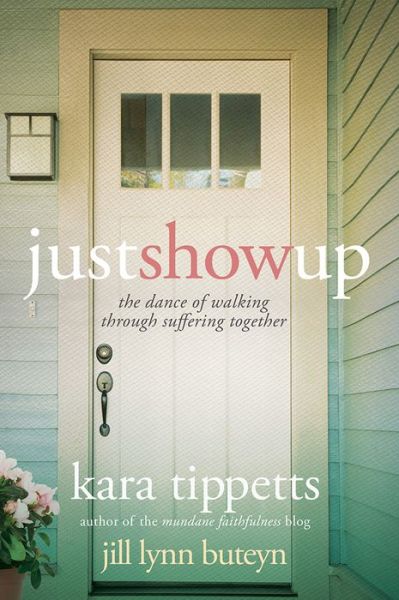The first time I went to a counselor for my depression was sixth grade. At a loss for how to address my issues, my parents sent me to see Mr. Mac, the counselor at my elementary school. As if I weren’t already misfit enough as a new kid that year with my bowties and Madonna socks and gloves (in addition to calling Mr. Ibbotson, our teacher, “Mama” in front of the entire class), I was taken out of the classroom once a week to talk with Mr. Mac. And everyone knew it—one wall of his second-floor office was all windows, overlooking the school’s common area.
I hated sitting on his orange sofa surrounded by motivational posters, as if I would feel better simply by smiling more often or “hanging in there.” Hanging in there until what? What would change how I felt? And was anyone going to help that kitten hanging off the tree branch?
That entire year was rough. But what made it distinctly difficult was my lack of community—I hadn’t been able to make friends. The class bully despised me enough to threaten anyone who might reach out to me, so I was left to eat alone in the cafeteria, kids occasionally glancing at me with apologetic smiles. If I had just had one friend, one kid to have my back, to stand up for me and play with me at recess…what a difference that would have made.
As an adult, depression is my bully. If I were in a Brontë novel, I’d be described as melancholy. Yet it’s taken all my grownup years to learn what will prevent me from withering away all alone at my cafeteria table: when suffering, instead of retreating, step toward someone else. Move toward community.
As far as I know, no one has recently warned anyone else against being a friend to me. But the tricky thing is that when I’m having a dark day, I don’t believe that I am loved, that there is anyone around who would care. I fear that I am too high maintenance and that no one wants to enter that dark place beside me. I pray out to God, Show me that I am wrong! Convince me of your love for me. Remind me that I am your beloved. Help my unbelief.
And He does. The picture that most often comes to me is of Daniel in the lions’ den, of God closing the lions’ mouths and being near to Daniel, calming his fears and keeping him safe. I am reminded that God’s love is often experienced through the love of His children, and that the risk of rejection is worth creating an opportunity to be loved and held in my darkness. A simple text, an email. A call for help. Maybe just a coffee date on the calendar to get me out of the house.
Just as God never intended for Daniel to be in that den alone, He doesn’t intend for us to be alone in our suffering. Yes, He is always with us, but that is a purpose of community—to weep with those who weep. To brave the bully of depression and sit with an outcast in the cafeteria. The question is whether we will believe and act on that in the darkness.
Do you believe that God is with you in the darkest of lions’ dens? Have you experienced God’s love in that dark place through the love of His children? Have you ever been a safe shelter to someone else in their lions’ den? If you are hurting, who is someone you could send a text to, letting them know you’re hurting? Who is someone you could reach out to and help fight their bully of darkness?




